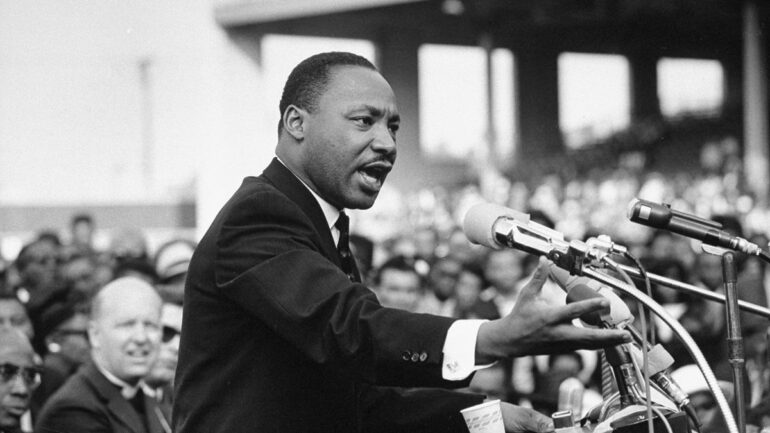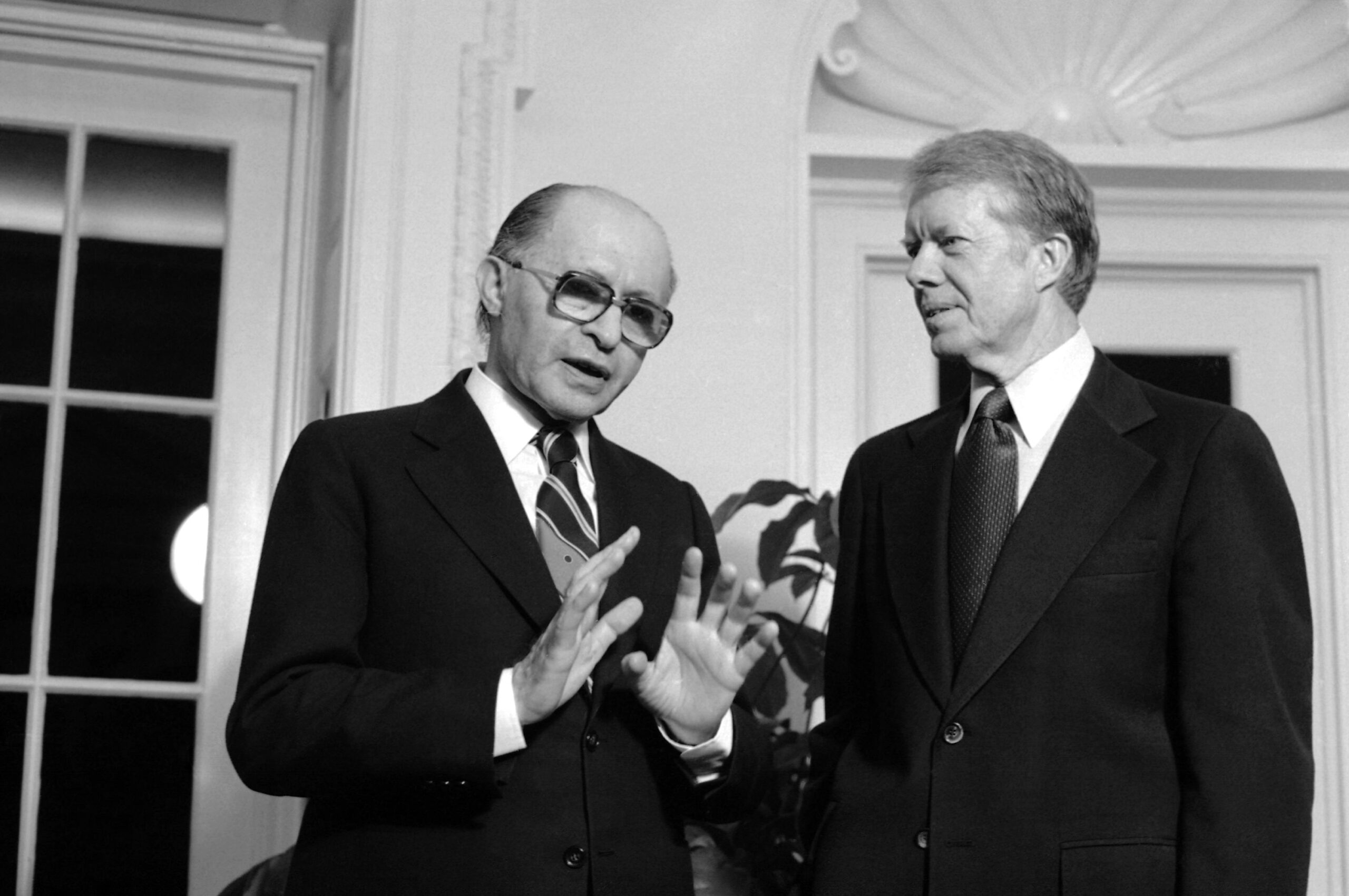Many of us experience struggles and contradictions as we grow on the roads of our own political development. But it should be known that Dr. Martin Luther King Jr. transcended far beyond the positions he is popularly remembered for and actually stood on the cusp of revolutionary detachment from the capitalist social order.
In an essay published following his assassination, Dr. King noted that the “black revolution” had gone beyond the “rights of Negroes.” The struggle, he pointed out, is “forcing America to face all of its interrelated flaws — racism, poverty, militarism and materialism. It is exposing the evils that are rooted deeply in the whole structure of our society. It reveals systemic rather than superficial flaws and suggests that radical reconstruction of society itself is the real issue to be faced.”
In honor of MLK Day, we are publishing a few of Dr. King’s statements on the nature of capitalism. The power of his words speak as much to our generation as they did to his.
I imagine you already know that I am much more socialistic in my economic theory than capitalistic… [Capitalism] started out with a noble and high motive… but like most human systems it fell victim to the very thing it was revolting against. So today capitalism has out-lived its usefulness.
– Letter to Coretta Scott (July 18, 1952).
In a sense, you could say we’re involved in the class struggle.
– Quote to New York Times reporter José Igelsias (1968).
And one day we must ask the question, ‘Why are there forty million poor people in America? And when you begin to ask that question, you are raising questions about the economic system, about a broader distribution of wealth.’ When you ask that question, you begin to question the capitalistic economy. And I’m simply saying that more and more, we’ve got to begin to ask questions about the whole society…
– Address to Southern Christian Leadership Conference Atlanta, Georgia (August 16, 1967).
Capitalism forgets that life is social. And the kingdom of brotherhood is found neither in the thesis of communism nor the antithesis of capitalism, but in a higher synthesis.
– Address to Southern Christian Leadership Conference Atlanta, Georgia (August 16, 1967).
Call it democracy, or call it democratic socialism, but there must be a better distribution of wealth within this country for all God’s children.
– Address to the Negro American Labor Council (1961).
We must recognize that we can’t solve our problem now until there is a radical redistribution of economic and political power… this means a revolution of values and other things. We must see now that the evils of racism, economic exploitation and militarism are all tied together… you can’t really get rid of one without getting rid of the others… the whole structure of American life must be changed. America is a hypocritical nation and [we] must put [our] own house in order.
– Report to SCLC Staff (May, 1967).
The evils of capitalism are as real as the evils of militarism and evils of racism.
– Address to SCLC Board (March 30, 1967).
I am now convinced that the simplest approach will prove to be the most effective – the solution to poverty is to abolish it directly by a now widely discussed matter: the guaranteed income… The curse of poverty has no justification in our age. It is socially as cruel and blind as the practice of cannibalism at the dawn of civilization, when men ate each other because they had not yet learned to take food from the soil or to consume the abundant animal life around them. The time has come for us to civilize ourselves by the total, direct and immediate abolition of poverty.
– Where do We Go from Here? (1967).
You can’t talk about solving the economic problem of the Negro without talking about billions of dollars. You can’t talk about ending the slums without first saying profit must be taken out of slums. You’re really tampering and getting on dangerous ground because you are messing with folk then. You are messing with captains of industry. Now this means that we are treading in difficult water, because it really means that we are saying that something is wrong with capitalism.
– Speech to his staff (1966).
[W]e are saying that something is wrong… with capitalism…. There must be better distribution of wealth and maybe America must move toward a democratic socialism.
– Speech to his staff (1966).





